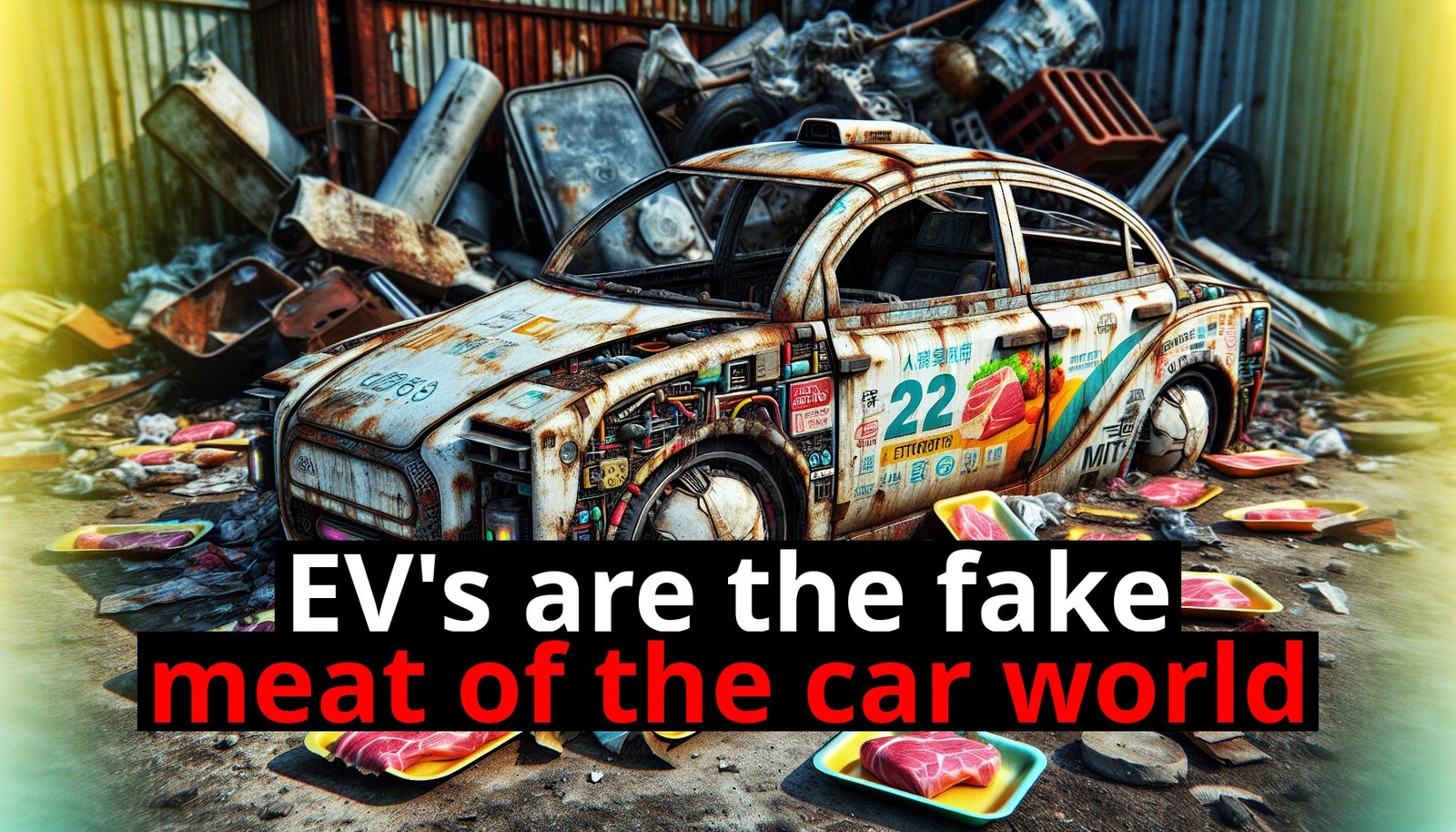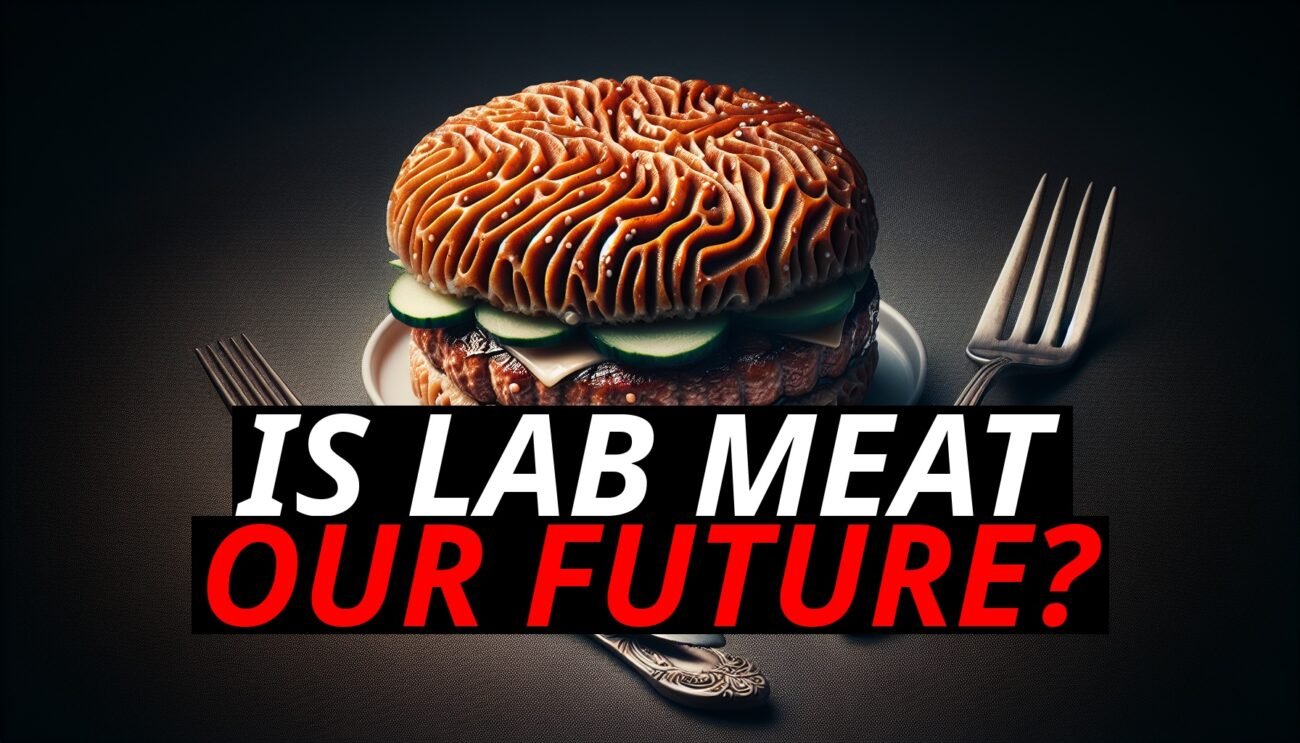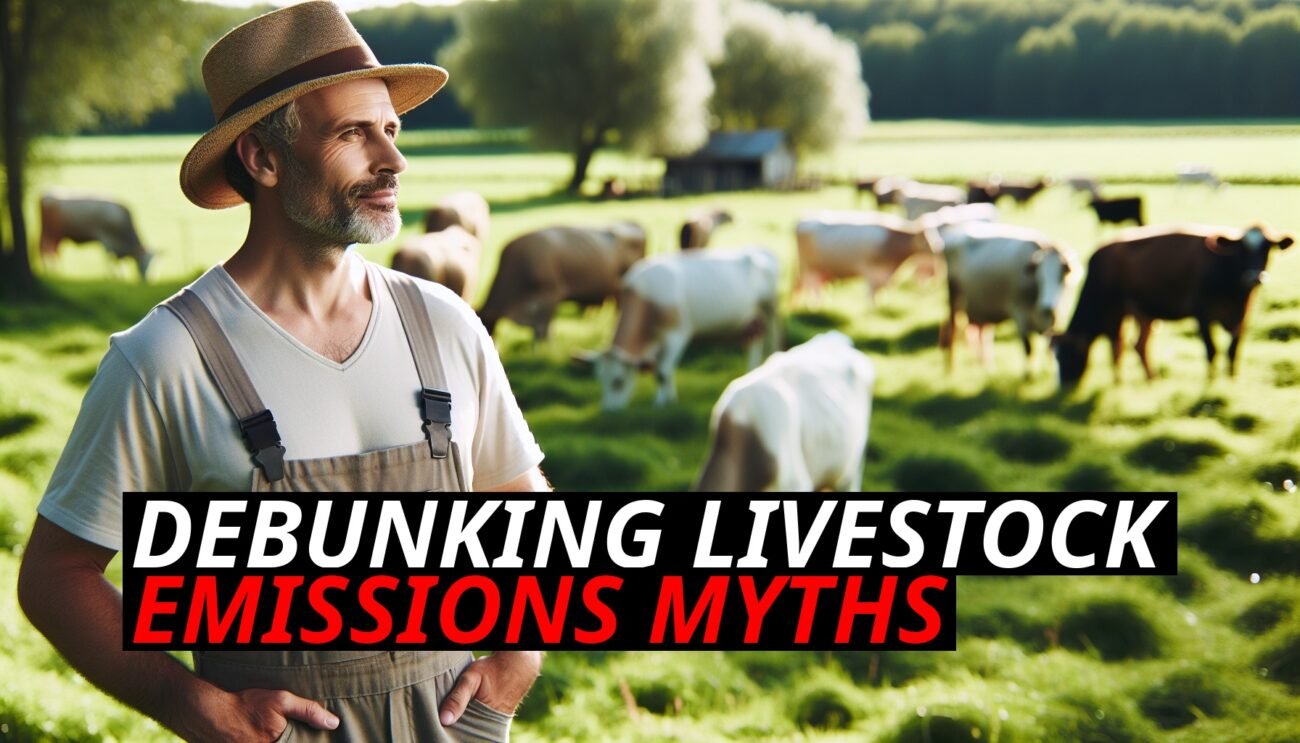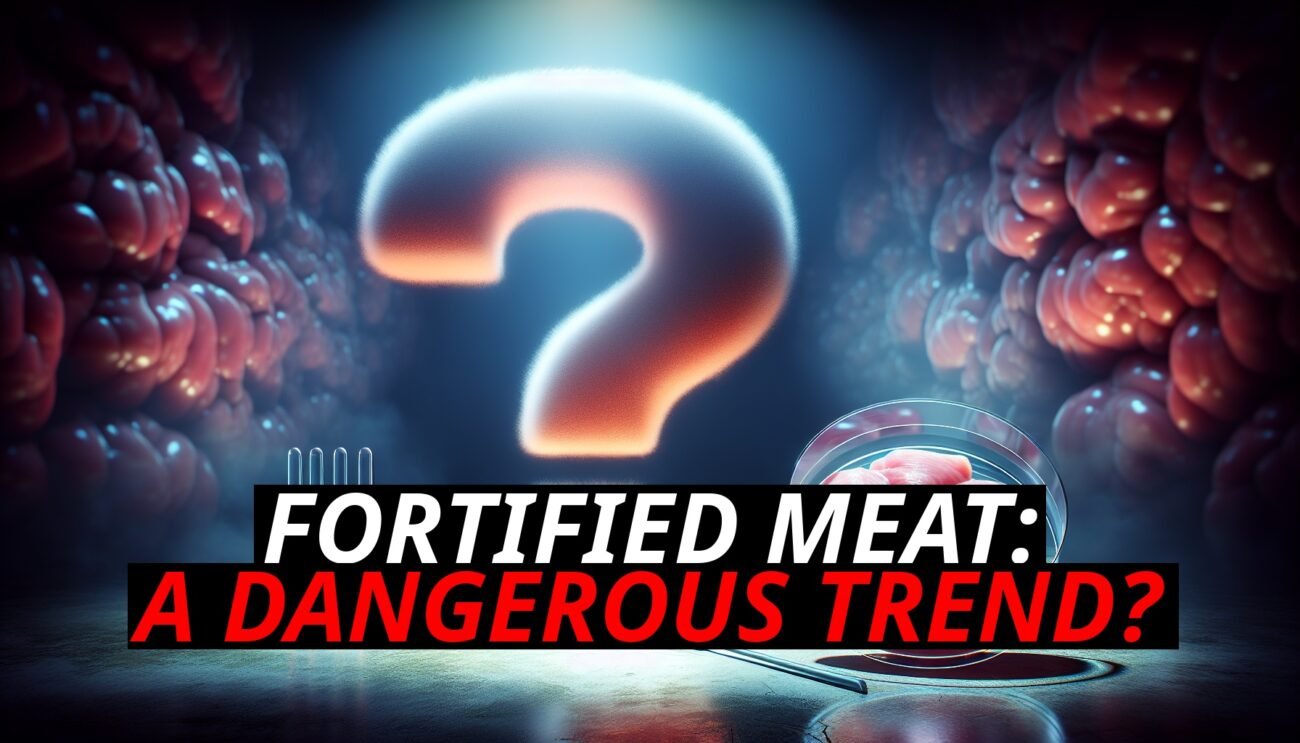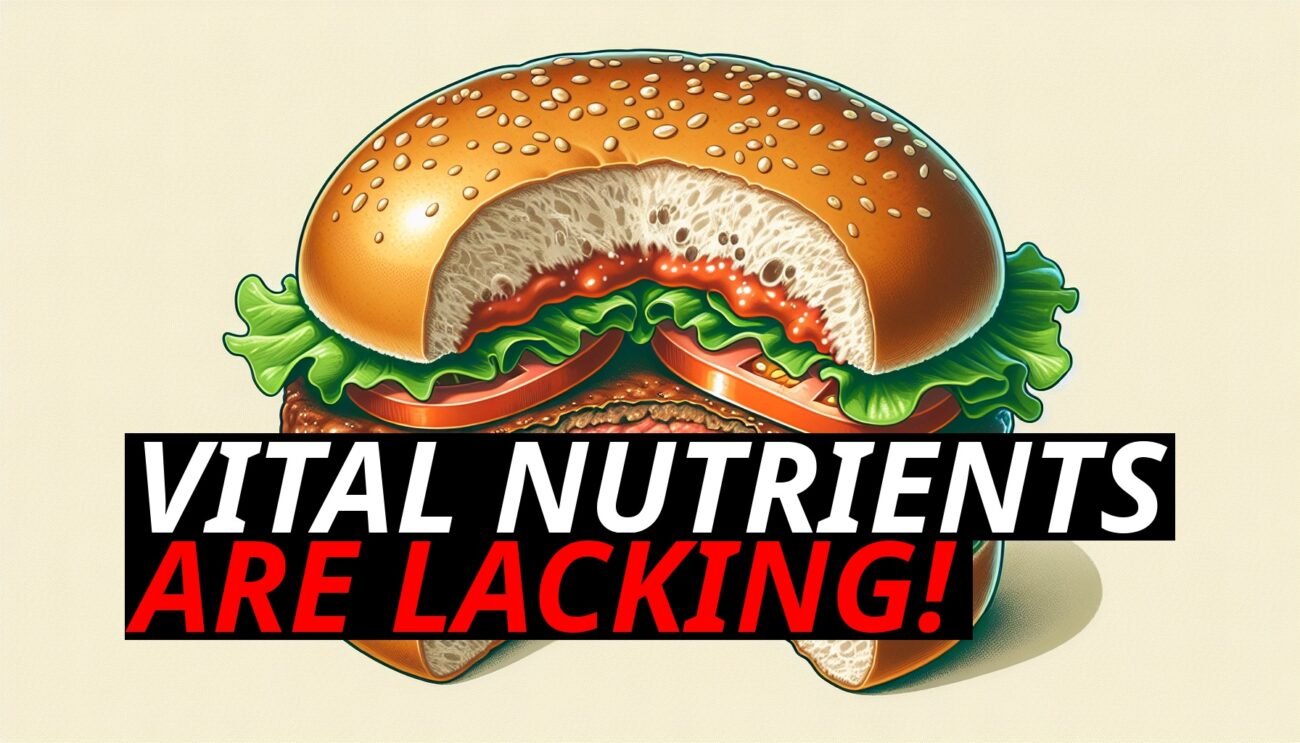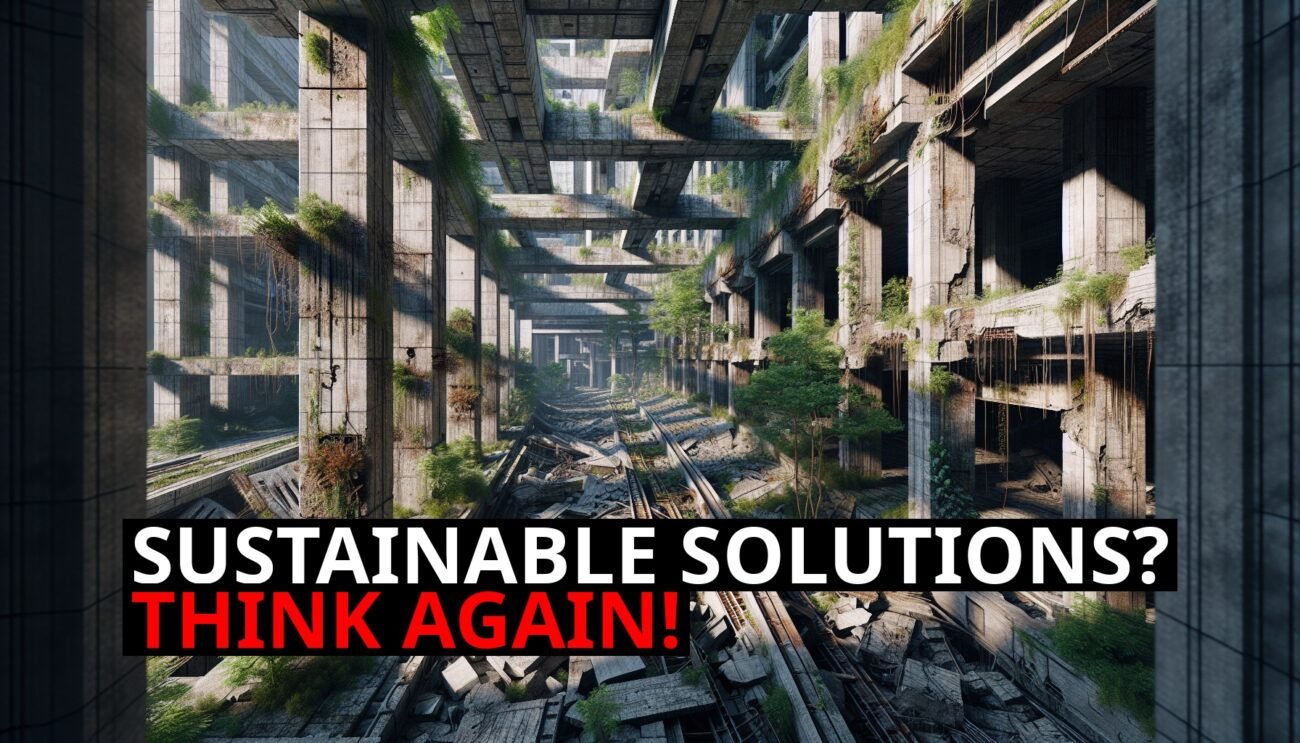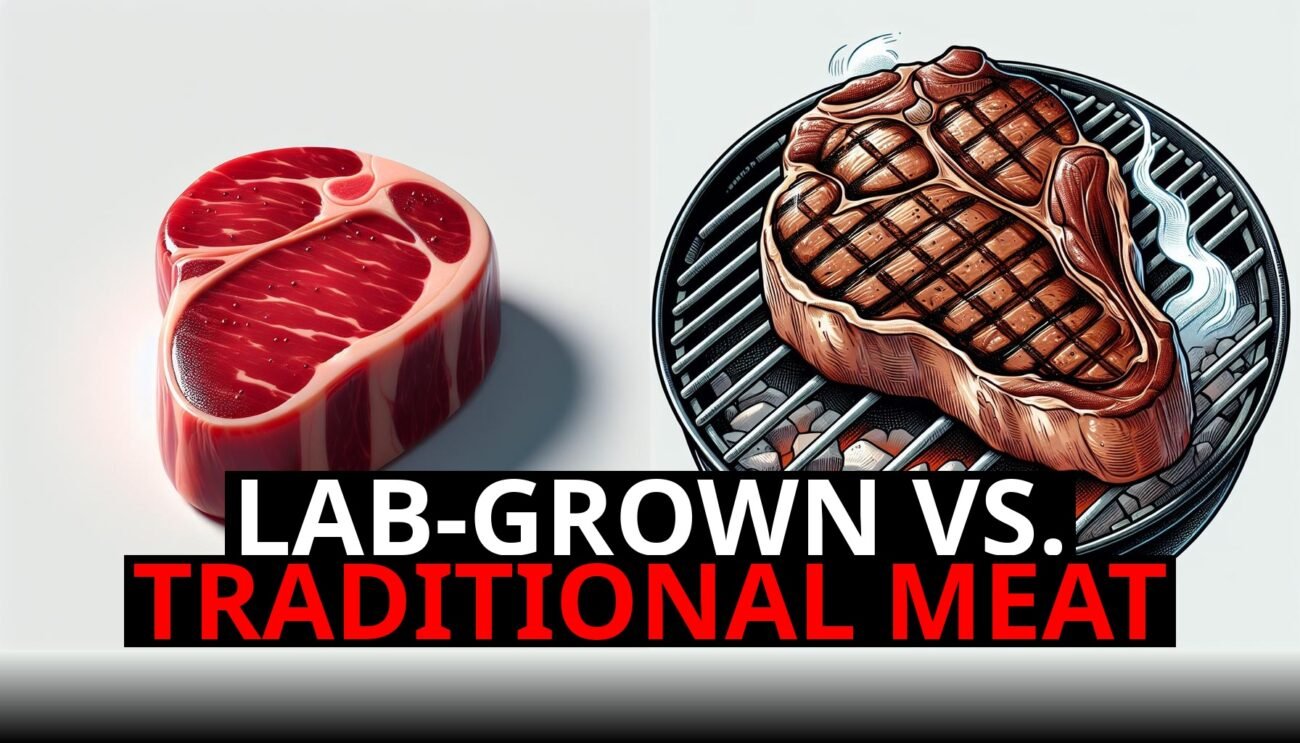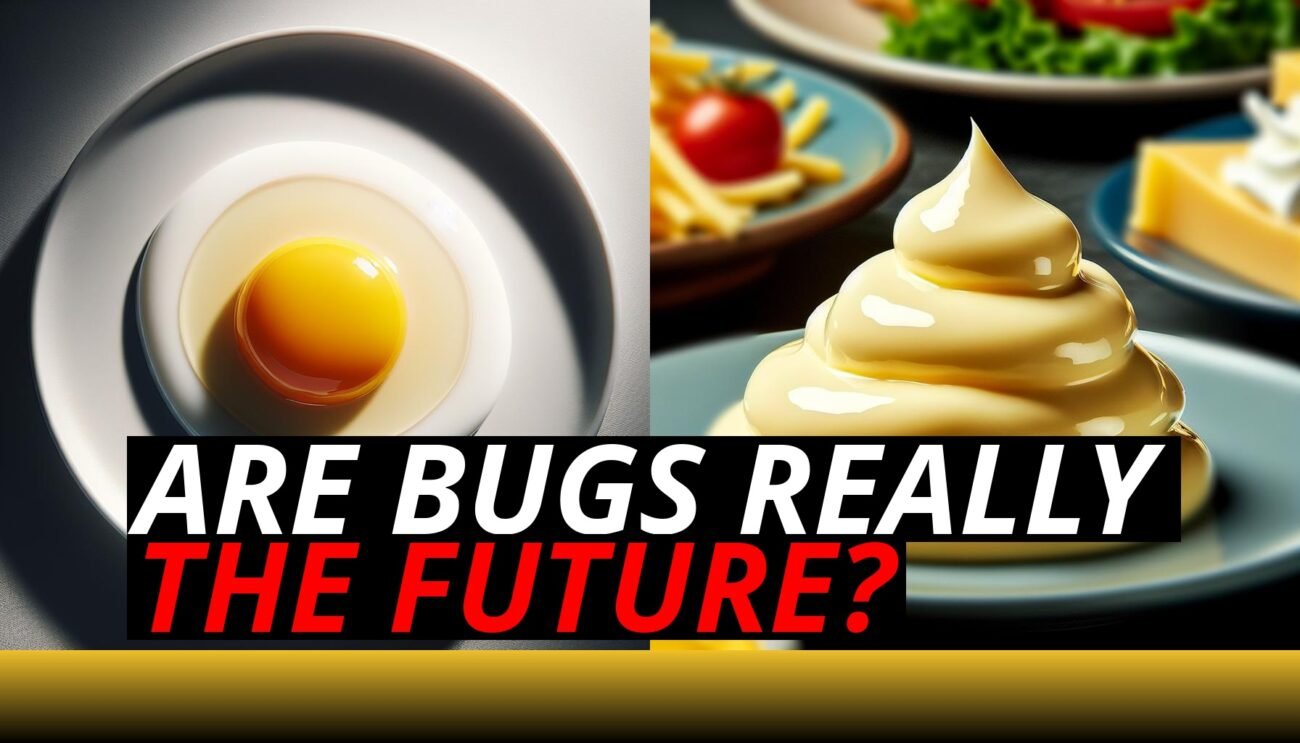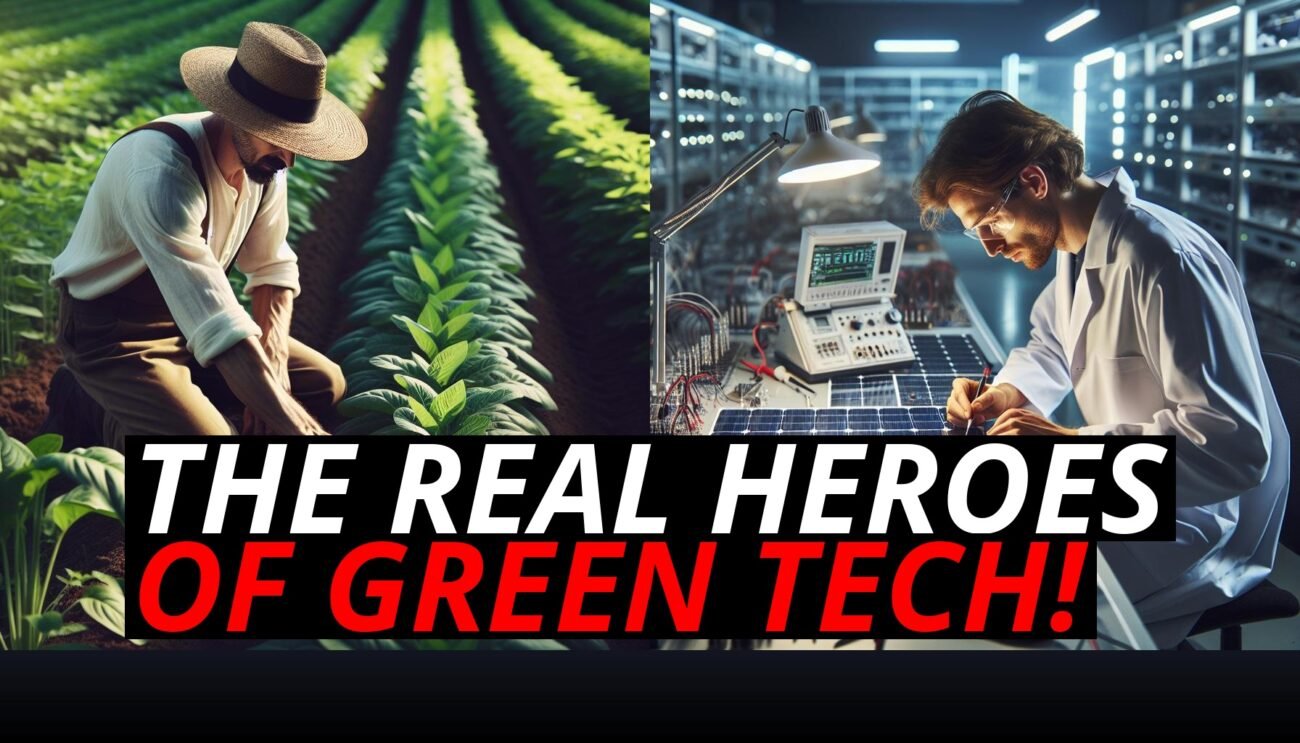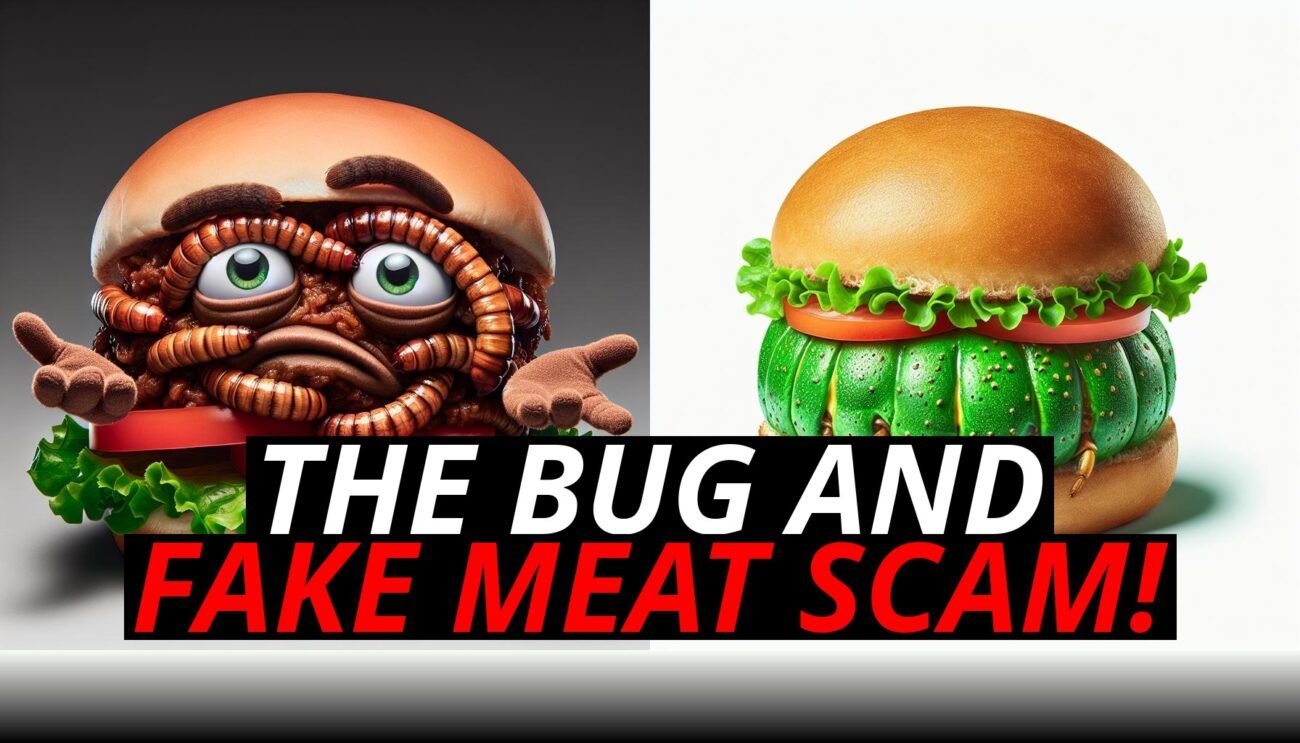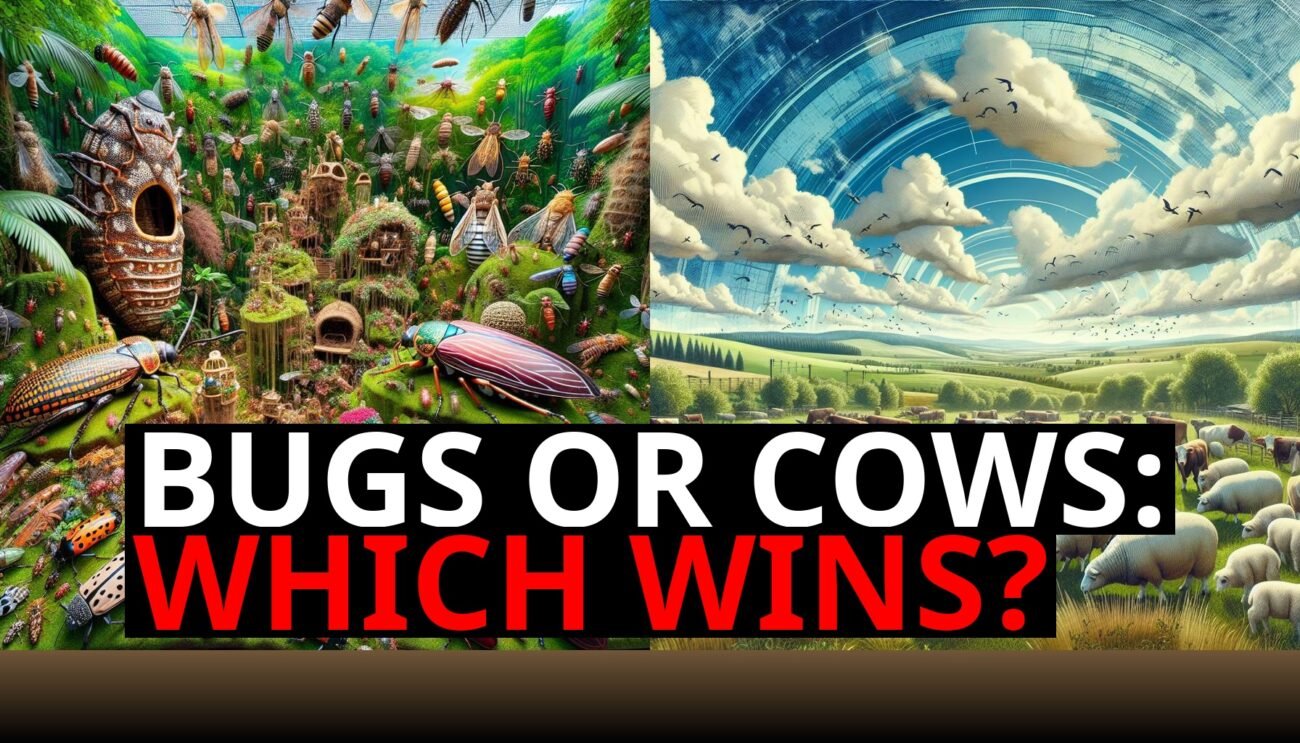Picture this: electric vehicles (EVs) pile up in scrapyards, their once-powerful batteries now dying, and highly processed fake meat products sit unsold on store shelves, past their prime. What happens next? These products, hailed as solutions to save the planet, are quietly being shipped off to developing countries, marketed as “gifts” or “opportunities” for greener living. But the reality is far more troubling—these unwanted items are quickly becoming the new e-waste problem, a growing mountain of junk that’s being passed off as progress.
As developed nations push for cleaner, greener alternatives, they’re also creating a tidal wave of discarded tech and foods that no one wants. And like the unwanted electronics that once littered landfills in poorer countries, EVs and fake meat are becoming the latest environmental burden.
The Ev Dilemma: When Batteries Become Junk
Electric vehicles have been lauded as the future of sustainable transportation. With zero tailpipe emissions, they seem like the perfect solution to reducing greenhouse gases. But as the EV market grows, so does the problem of battery degradation—and it’s creating a new kind of waste crisis.
Battery Lifespan and Degradation: Lithium-ion batteries, which power EVs, degrade over time. After several years of use, these batteries lose their ability to hold a charge, reducing the car’s range and efficiency. Once the battery reaches the end of its life, it becomes expensive to replace. For many second-hand buyers in developing countries, replacing a battery isn’t financially feasible, leaving them with a vehicle that’s virtually useless.
Shipping the Problem Elsewhere: Instead of dealing with the high cost of recycling or battery replacement, many developed countries are shipping these second-hand EVs to developing nations, framing it as a way to “help” them adopt greener technology. But without the necessary infrastructure to charge and maintain these vehicles, they quickly become dead weight, clogging up roads, scrapyards, and eventually, landfills.
Toxic Waste from Battery Disposal: Lithium-ion batteries contain hazardous materials like lithium, cobalt, and nickel. When these batteries are improperly disposed of, they can leak toxic chemicals into the soil and water, creating long-term environmental hazards. Many developing nations lack the resources to properly recycle or safely dispose of these batteries, turning a green solution into a toxic nightmare. What was supposed to be the future of transportation is now contributing to a growing e-waste crisis.
Fake Meat: A Processed Product No One Asked For
While electric vehicles are being dumped in developing countries as second-hand goods, another product is finding its way onto their shelves: fake meat. Promoted as a more sustainable alternative to traditional meat, these highly processed products are being exported to markets that neither need nor want them.
Cultural Disconnect: In many developing countries, diets are already based on local, seasonal foods that are both sustainable and nutritious. The push to introduce fake meat in these markets often comes with the assumption that plant-based alternatives are inherently better. But for communities with established traditions of eating whole, natural foods, fake meat is seen as unnecessary and even undesirable. Why trade fresh, locally sourced meat or vegetables for a product that’s highly processed and unfamiliar?
Highly Processed and Overhyped: Fake meat is far from the simple, plant-based food it’s marketed as. These products are typically made with a mix of industrial ingredients, such as soy protein, pea protein, and various additives to create a meat-like texture and taste. The processing involved in making fake meat requires significant energy and resources, reducing its overall environmental benefits. For countries that already have access to natural, plant-based foods, the introduction of fake meat offers little in terms of sustainability.
Dumping Expired Products: Just as second-hand EVs are being sent overseas, fake meat that doesn’t sell in Western markets is often exported to developing countries. These products, which may be nearing their expiration date or struggling to gain traction with consumers, are shipped out as part of foreign aid or trade deals. This practice raises serious concerns about food waste, as well as the ethical implications of pushing processed foods onto populations that don’t need them.
E-Waste Redux: The Environmental And Ethical Costs
The parallels between the dumping of old electronics and the current trend of exporting second-hand EVs and fake meat are striking. Both represent a pattern of developed nations offloading their environmental problems onto poorer countries, under the guise of “helping” them adopt greener or healthier lifestyles.
Environmental Hazards: Just like the e-waste crisis, where discarded electronics filled landfills and polluted the environment, unwanted EVs and fake meat are creating new environmental hazards. In the case of EVs, the disposal of toxic batteries poses a significant risk to soil and water quality. Fake meat, when unsold and left to expire, contributes to food waste, which releases methane—a potent greenhouse gas—when it decomposes in landfills.
Ethical Concerns: The ethical implications of dumping unwanted technology and food on developing nations are profound. By shipping second-hand EVs and fake meat to countries that aren’t equipped to handle them, we are shifting the burden of waste and environmental harm onto those who are least responsible for climate change. This practice, far from promoting sustainability, perpetuates a cycle of environmental injustice.
Undermining Local Economies: Another issue with exporting these products is the impact on local economies. Introducing second-hand EVs to countries that lack the infrastructure for maintenance can undermine local transportation systems, which are often more suited to their needs. Similarly, flooding markets with fake meat can displace local farmers and traditional food systems, creating economic instability in regions where agriculture plays a crucial role in livelihoods.
The Real Solutions: Sustainable Development, Not Hand-Me-Downs
If we’re serious about tackling the environmental challenges of the future, we need to stop treating developing countries as dumping grounds for unwanted technology and processed food. Real sustainability lies in supporting local solutions that are tailored to the unique needs of each region.
Building Local Infrastructure: Instead of shipping second-hand EVs to countries that lack the infrastructure to support them, we should be investing in local energy solutions that make sense for the region. This could include renewable energy projects like solar-powered transportation or improving public transit systems that reduce emissions without the need for costly EV maintenance.
Supporting Local Agriculture: The push for fake meat in developing countries ignores the fact that many of these nations already practice sustainable agriculture. By supporting local farmers and promoting regenerative farming methods, we can help these countries maintain food security while reducing their carbon footprint. Encouraging the consumption of local, seasonal foods—rather than pushing processed alternatives—can lead to healthier, more sustainable communities.
Investing in Recycling and Waste Management: To address the growing e-waste problem, including the disposal of EV batteries, developed countries should be investing in recycling infrastructure in the regions where these products are being sent. This means creating the capacity to safely recycle and dispose of toxic materials, ensuring that developing nations aren’t left to deal with the environmental fallout of second-hand goods.
Conclusion: Rethinking The Export Of Green Products
The export of second-hand electric vehicles and fake meat is being framed as part of the global push for sustainability. But beneath the surface, it’s clear that this practice is doing more harm than good. By offloading unwanted products onto developing nations, we’re not solving the environmental problems—they’re simply being shifted elsewhere.
If we want to create a truly sustainable future, we need to stop relying on outdated, quick-fix solutions like dumping second-hand goods. Instead, we should focus on building local capacity, supporting regional sustainability efforts, and ensuring that the products we promote are truly beneficial—not just in the short term, but for generations to come. Because at the end of the day, a greener world can’t be built on the backs of others’ waste.

